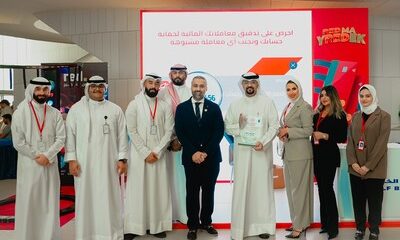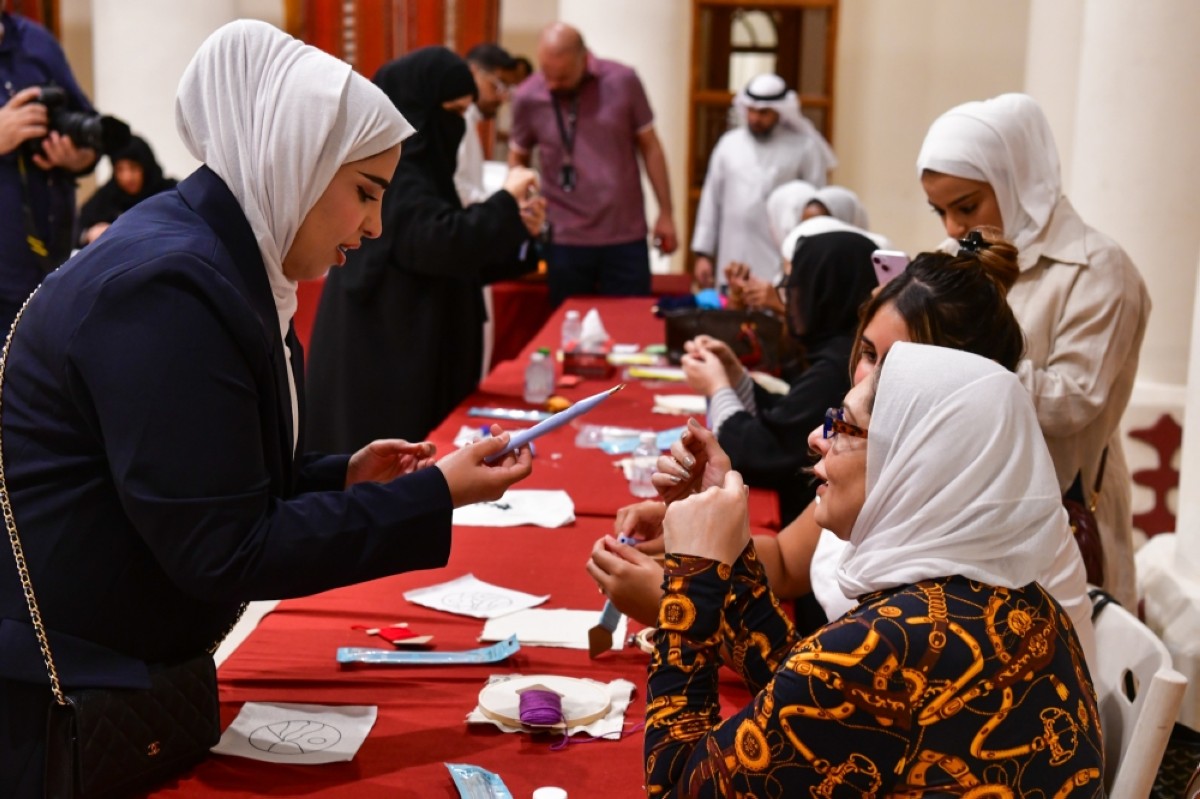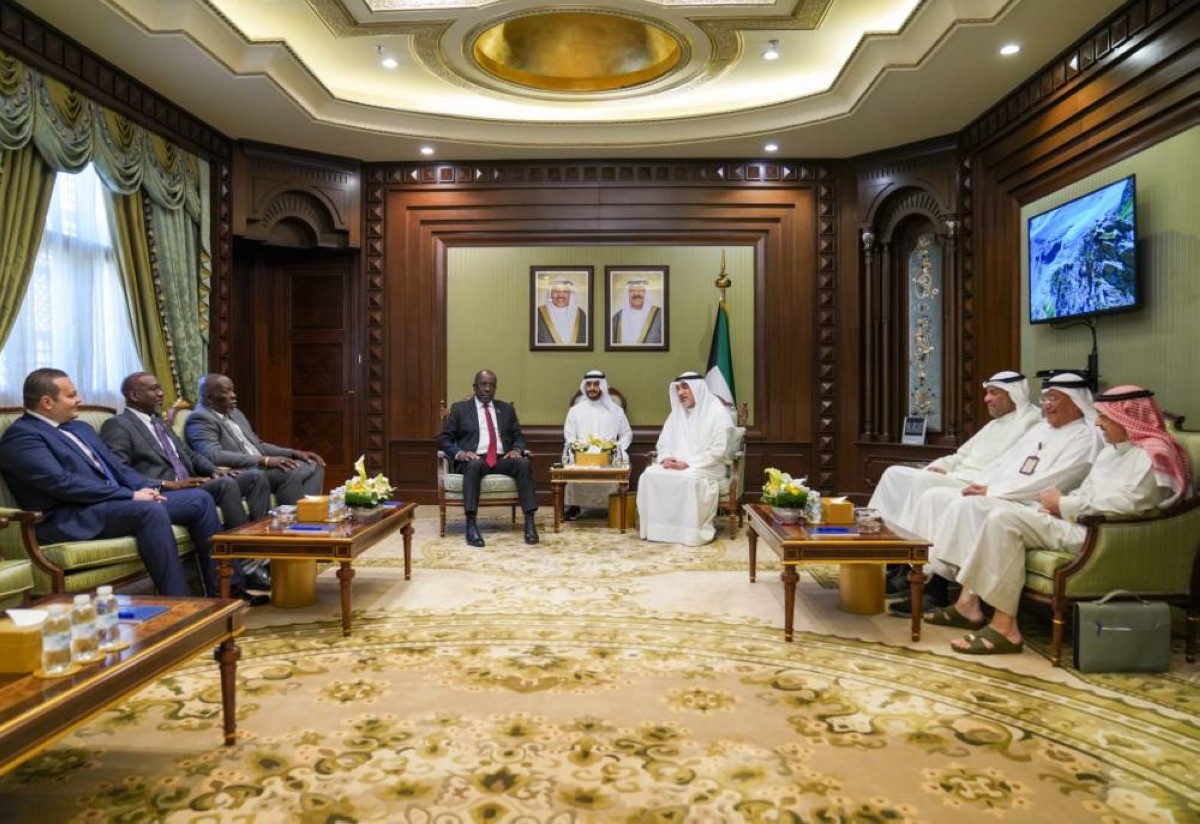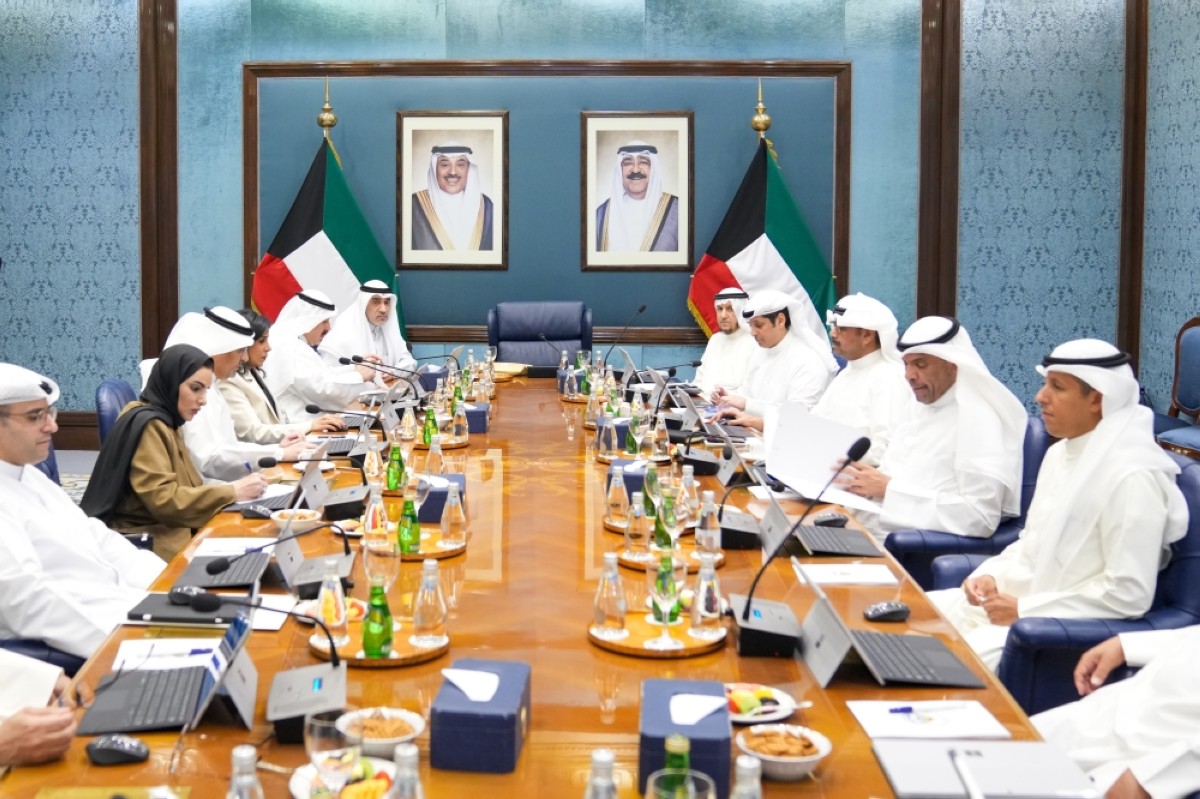Latest News
Kuwait Marine rescue dept. has received 813 calls for help since Jan
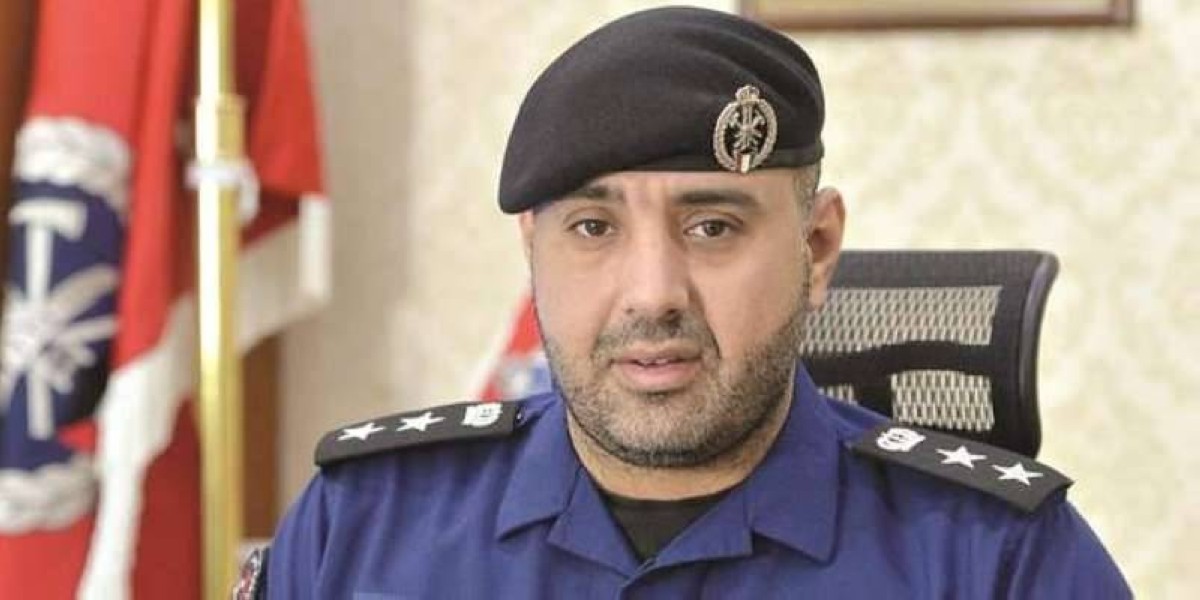
Latest News
Sadu House workshop sheds light on hand-weaving
Latest News
Kuwait Acting PM receives Antigua and Barbuda’s Foreign Minister
Latest News
Sept 4 declared holiday for Prophet’s birthday
-

 Latest News15 hours ago
Latest News15 hours agoKuwait, Somalia strengthen ties with new agreements
-

 Latest News14 hours ago
Latest News14 hours agoNew rules to protect public money, speed up courts
-

 Business22 hours ago
Business22 hours agoAgility Global PLC Reports Q2 2025 EBIT of $97 Million
-

 Business21 hours ago
Business21 hours agoKamco Invest reports a net profit of KWD7.1mn for the first half of 2025
-

 Business6 hours ago
Business6 hours agoGlobal Economy Shows Signs of Improvement in Q2 2025: AEO
-

 Latest News20 hours ago
Latest News20 hours agoFamily visit visas open to all, ‘no salary cap needed’
-

 Latest News23 hours ago
Latest News23 hours agoKuwait’s KISR launches IKARUS platform for high-performance computing and AI
-
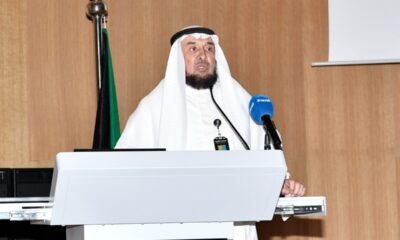
 Latest News21 hours ago
Latest News21 hours agoKU forum guides freshmen through university services









